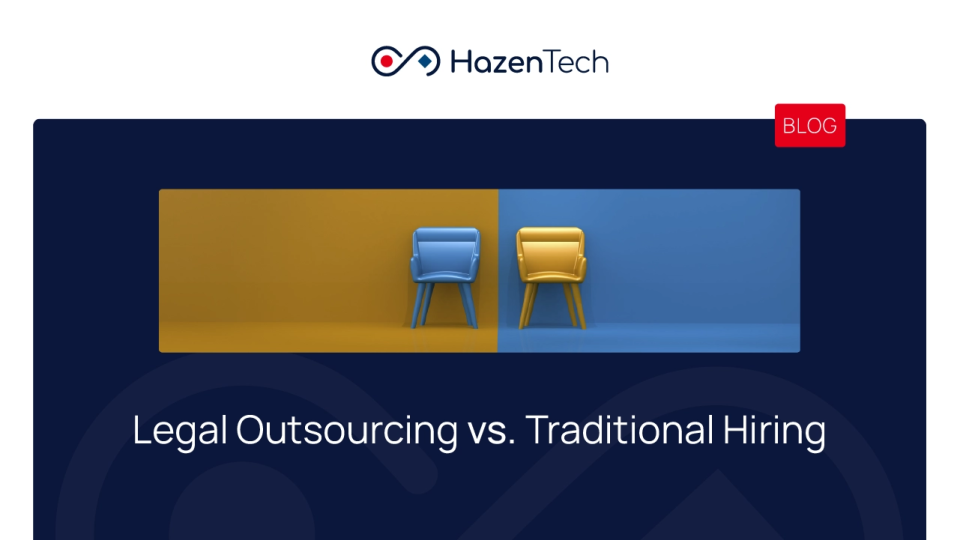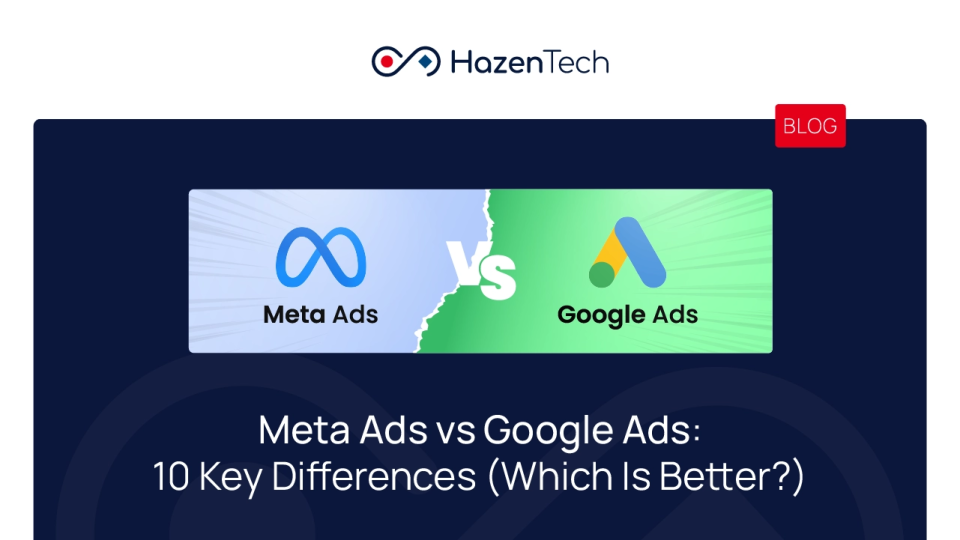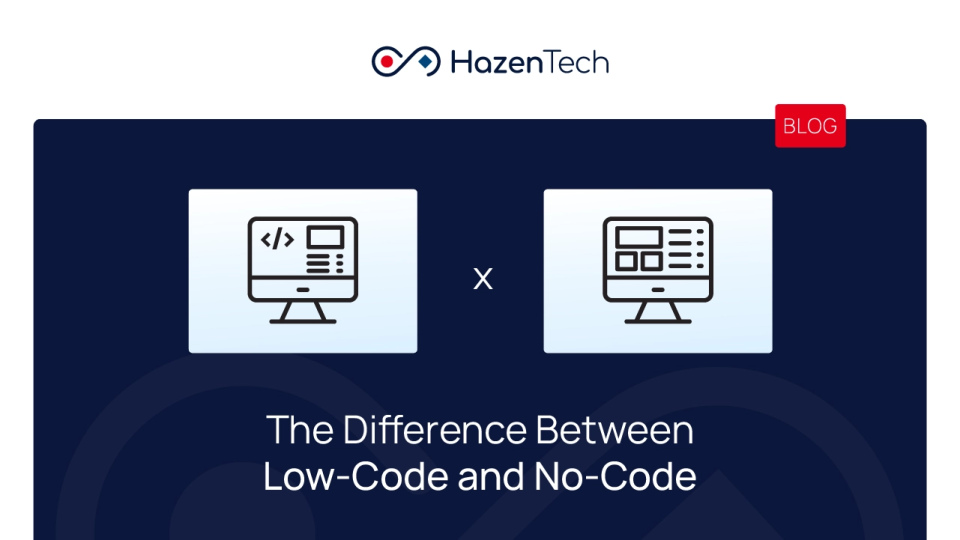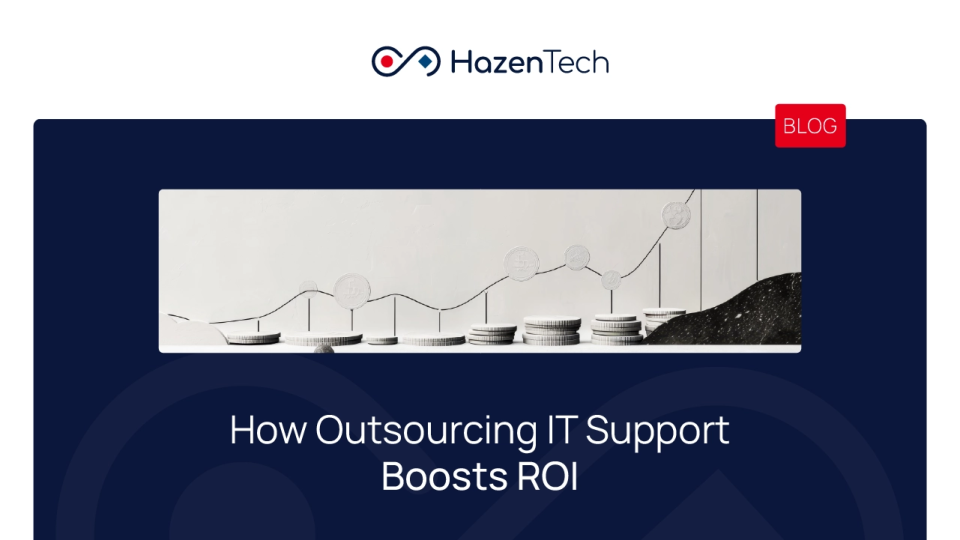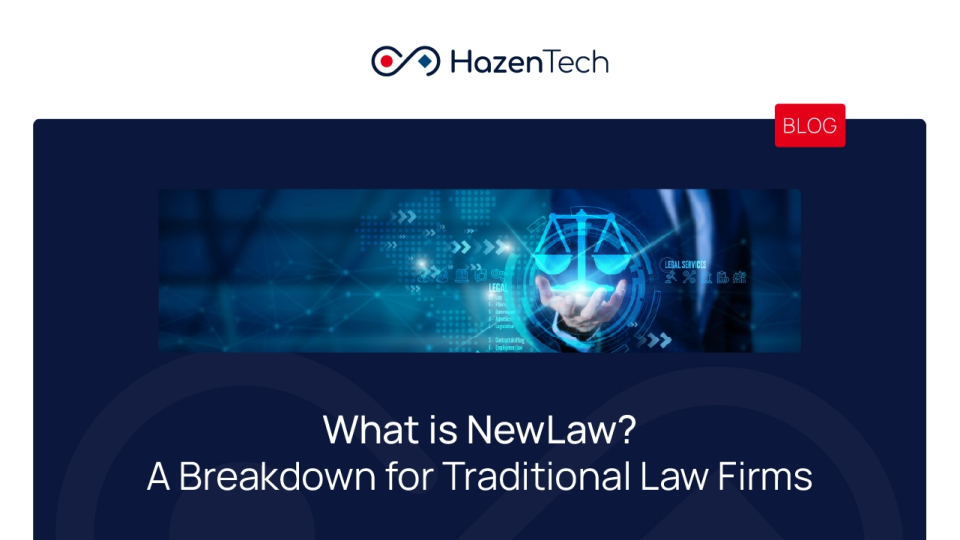The future of BPO is no longer about saving money. It’s about strategy, speed, and scalability. Businesses today expect more than back-office support. They want partners who bring innovation, intelligence, and impact. The BPO industry outlook for 2025 is clear. Change is here, and it’s fast.
A Statista study shows that 94% of customers say positive customer service experiences make them more likely to purchase again. The same study highlights that 82% of customers recommend a company to their friends if they receive excellent customer service. These numbers underline why BPO providers must prioritize exceptional customer experiences.
BPO is no longer hidden in the background. It stands on the frontlines of business success. Leaders choose partners who help them move faster and smarter. A slow or outdated BPO partner can cost companies more than just money. It can cost them their future.
AI and Automation
AI isn’t coming. It’s already here. Chatbots answer questions in seconds. Virtual assistants manage bookings and requests without error. Automation eliminates repetitive tasks like data entry and invoice processing. That frees human talent for creative and strategic work.
Access to AI tools can improve the productivity of customer support staff. 90% of companies using AI in their customer service report that the tools help them save time and costs. According to Forbes, 86% of customers prefer brands that use AI.
Businesses want faster, smarter, and more reliable solutions. This drives the growth of AI-powered BPO. Predictive analytics help teams solve problems before they happen. Automated systems handle large volumes with no downtime. AI isn’t replacing people. It’s helping them do more.
The BPO market forecast shows a steady rise in demand for intelligent automation. Companies that don’t adopt it will fall behind. The BPO market forecast shows a steady rise in demand for intelligent automation. Companies that don’t adopt it will fall behind.
Modern BPO providers go beyond surface-level automation by embedding AI into the core of every workflow, from handling first-contact resolution through chatbots to using intelligent routing systems that direct complex issues to the right agents immediately. This tight integration of technology allows teams to move faster, reduce delays, and make better decisions based on real-time context rather than guesswork.
Automation doesn’t just improve speed—it elevates the entire support experience. Rather than replace human agents, it empowers them to focus on creative problem-solving, customer relationship building, and innovation. In the next phase of BPO evolution, firms that ignore automation won’t just be slower—they’ll be irrelevant.

Hyper-Personalization
Customers expect brands to remember them. They want conversations to feel human, even when machines are involved. In 2025, hyper-personalization becomes the norm. BPO providers use data, machine learning, and behavior tracking to offer real-time, relevant support.
If someone visits your website, browses a product, and then contacts support, the agent already knows. That’s personalization. AI helps predict needs and suggest solutions before a customer even asks. This builds trust. It makes customers feel valued.
A Salesforce report shows that 73% of customers expect companies to understand their unique needs and expectations. This shift transforms customer service into a loyalty engine. Personalized service increases retention and brand love. It’s not an option anymore. It’s the expectation.
Personalized moments turn regular buyers into loyal fans. Every interaction becomes a memory. Customers stick around when they feel seen, heard, and understood. That is how brands build tribes, not just client lists.
Top BPO partners don’t wait for customers to explain themselves—they already know. When a customer reaches out, the system brings up their history, preferences, and past interactions, giving the agent the power to respond with empathy and precision. Conversations feel natural and relevant, which builds trust and deepens loyalty.
Hyper-personalization isn’t limited to words on a screen—it shapes the entire customer experience. The tone, timing, and delivery of each message reflect a real-time awareness of who the customer is and what they care about. That level of personalization turns routine service into meaningful engagement.
Omnichannel BPO
People don’t just call for support anymore; they text, email, DM, and chat. Customers expect seamless communication across all channels. Yet 79% of customers say they expect consistent interactions across departments, but 55% feel like they are communicating with separate departments rather than one company. (Salesforce) Even more concerning, 56% of customers report having to repeat or re-explain information to different representatives.
That’s a massive gap. And a big opportunity.
The next generation BPO providers close that gap. They combine voice, email, chat, and social support into one smooth experience. A customer can start a conversation on Facebook and finish it via email—without repeating themselves.
This isn’t about having more channels. It’s about making them work together. Omnichannel support builds loyalty and keeps customers coming back.
One conversation, endless channels. That’s the future. Customers move between devices and platforms without hitting walls. True omnichannel feels like talking to one smart, attentive friend.

Multilingual Support
Your customers don’t all speak English. And they shouldn’t have to. Studies show companies offering multilingual support see a significant jump in customer satisfaction and better retention.
In 2025, BPO providers speak the language—literally. Offering support in different languages is now a competitive edge. This is essential for businesses to expand into new markets.
Multilingual service creates stronger bonds with customers. It shows respect and effort. That builds trust. For global brands, localizing service is the key to unlocking loyalty.
Speaking a customer’s language opens the door to their heart. Brands that invest in multilingual support earn loyalty that no marketing campaign can buy. Global dreams need local voices.
Leading BPO providers invest in multilingual teams not as an afterthought but as a strategic asset. They build regional fluency into support operations so that customers across different markets feel like they are speaking to someone who understands not just the words, but the culture and expectations behind them.
When customers feel like they’re speaking to someone who gets them, the interaction becomes more than a transaction—it becomes a relationship. That’s the real value of localized service, and that’s where long-term customer loyalty begins.
Remote and Hybrid Teams
The pandemic made remote work normal. In 2025, it’s expected. A Deloitte study found that 62% of BPO companies plan to keep remote models long-term. It cuts costs. It gives access to global talent. And it enables 24/7 support.
This model isn’t easy. It needs the right tools. Companies invest in virtual collaboration, real-time performance tracking, and secure cloud platforms. Teams work across time zones, yet remain aligned. That takes good systems and better leadership.
Smart BPO firms don’t see remote work as a challenge. They see it as a superpower.
Remote teams stretch across the world but beat as one heart. Great leadership glues scattered talent into unstoppable forces. Distance shrinks when teams share vision, purpose, and trust.
Data-Driven BPO
Data is everywhere. The best BPO companies use it to get ahead. 91% of companies delivering excellent customer experiences use data and analytics effectively. That’s not a trend—it’s a requirement.
Analytics show what’s working, what’s broken, and where to improve. BPO providers analyze call volumes, agent performance, customer sentiment, and more. Then they act. That’s how you move fast and stay ahead.
Real-time dashboards, root-cause analysis, and predictive insights are standard tools in the emerging trends in BPO. If your provider isn’t using them, it’s time to look elsewhere.
Data tells the truth no opinion can. Smart teams listen to the numbers, spot the patterns, and act fast. Gut feeling matters, but data-driven action wins battles.
Data Security and Compliance
Customers trust you with their data. You can’t fail them. Regulations like GDPR, CCPA, HIPAA, and PCI-DSS aren’t optional. They’re essential.
In 2025, compliance is a key selection factor for businesses choosing BPO partners. Companies want providers that follow international standards and conduct regular security audits. That includes encryption, multi-factor authentication, and secure storage.
Trust is a currency in the digital world. Losing it is expensive. The BPO trends clearly show security and compliance are deal-makers—or deal-breakers.
Guarding data is guarding trust. Companies that lock down security send a loud message: “Your information is safe here.” In a digital world full of risks, trust buys everything.

Specialized BPO Services
The future isn’t about generic outsourcing. It’s about expertise. Businesses want partners who know their industry.
That’s why what’s next for BPO includes niche solutions:
- Legal Process Outsourcing (LPO): Contract review, legal research, compliance.
- Healthcare BPO: Billing, telehealth, patient records.
- Finance BPO: Risk management, fraud detection, payments.
These specialized providers offer more than support—they offer knowledge. That leads to better outcomes and smarter operations.
Expertise creates confidence. Businesses trust partners who speak their language and understand their pain points. Specialization turns BPO from a service into a true extension of the business.
Flexible and Agile Models: Scale, Adapt, Win
Rigid contracts are out. Flexibility is in. Companies need solutions that scale with them.
They want BPO partners that can grow during peak seasons, downsize during lulls, and adapt fast. On-demand agents, project-based teams, and customized offerings are the norm in the BPO industry outlook.
This agility gives businesses a sharp edge. They stay responsive, lean, and competitive.
Business speed changes every season. Flexible BPO partners dance with those changes, not fight them. Agility lets businesses strike fast, pivot hard, and keep winning.
Final Thoughts
The future of BPO is not about outsourcing tasks. It’s about building value. It’s strategic. It’s tech-driven. And it’s people-powered.
Businesses that adopt this shift will win in 2025 and beyond. Those who don’t will fall behind. Innovation, personalization, and trust are the new currency.
It’s time to ask the right question. Not “What can we outsource?” but “How can we grow smarter through BPO?”
The smartest companies don’t outsource problems. They outsource possibilities. Growth happens when strategy meets action and when partnerships spark transformation. The BPO future belongs to the bold.
The smartest companies know that BPO isn’t a shortcut—it’s a growth strategy. They don’t just outsource tasks—they extend their capabilities, accelerate their execution, and deliver better experiences to every customer, every day.
Hazen Technologies Inc supports organizations that want to modernize operations without adding complexity and additional cost. Our BPO services are designed to integrate smoothly with your existing teams, improve process efficiency, and create space for long-term strategic focus. Whether it’s customer support, back-office operations, or technology-driven workflows, we work alongside you to enhance capability, reduce bottlenecks, and keep your business moving forward.
Let’s have a conversation about how the right BPO approach can support your goals and simplify your operations.



